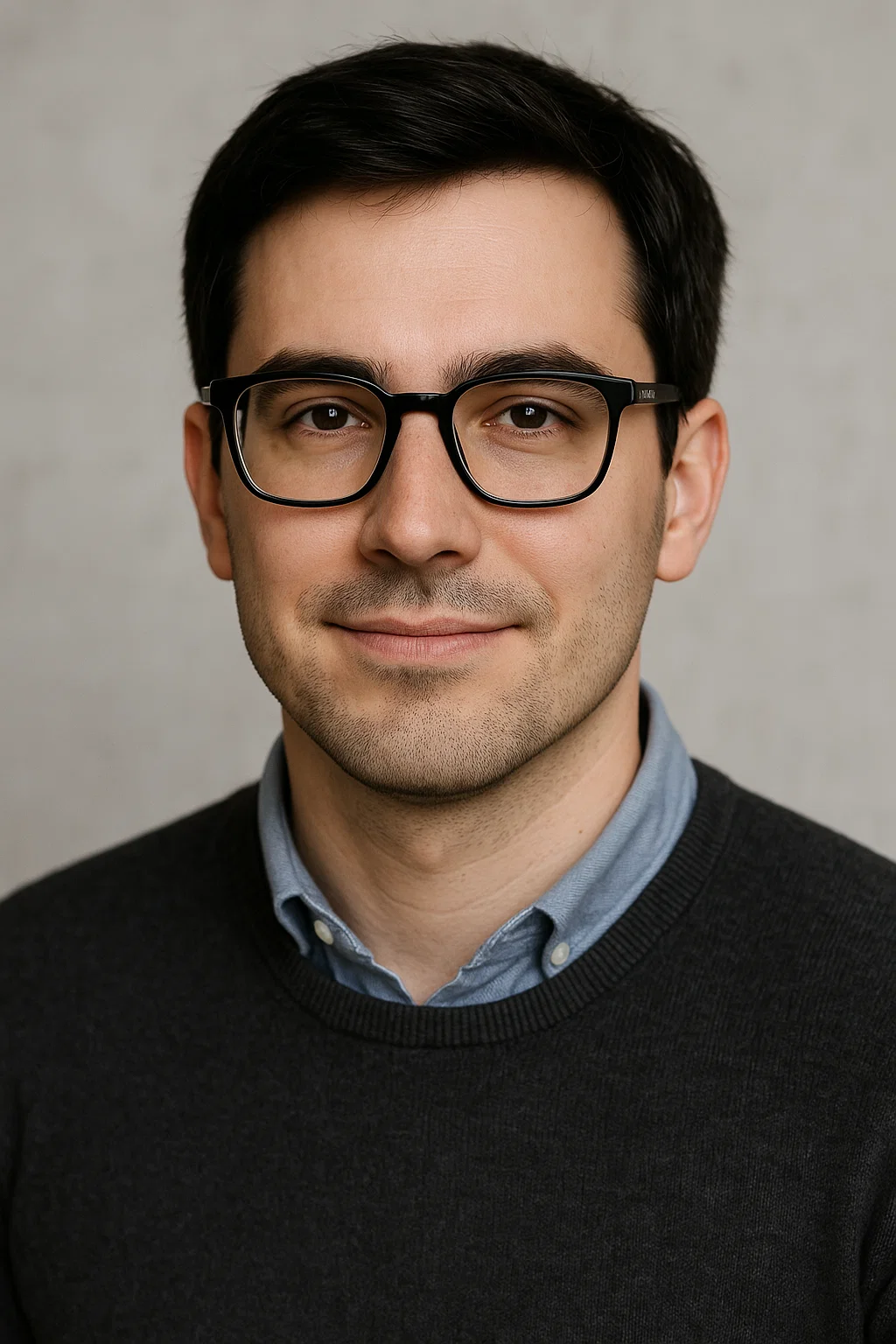
Coffee is a staple in millions of people’s lives — part ritual, part productivity tool, and part comfort. But there’s a lingering question that often pops up among health-conscious individuals: Is coffee actually addictive? If so, how serious is it? Should we be concerned?
In this deep-dive article, we’ll explore what science says about coffee and addiction, how it compares to other substances, what “caffeine dependence” really means, and how you can enjoy coffee responsibly without falling into problematic patterns.
To understand coffee’s potential for addiction, we need to look at its primary active ingredient: caffeine.
Caffeine is a psychoactive substance, meaning it alters brain function, mood, and behavior. It’s the most widely consumed psychoactive drug in the world — found in coffee, tea, chocolate, sodas, energy drinks, and even medications.
Its effects include:
While these benefits are well-known, the way caffeine interacts with the brain is what opens the door to dependence and, in some cases, addiction.
The Diagnostic and Statistical Manual of Mental Disorders (DSM-5), which outlines official psychiatric conditions, does not recognize “caffeine addiction” as a formal diagnosis. However, it does list “Caffeine Use Disorder” as a condition that needs further study.
According to current criteria, someone might be experiencing caffeine use disorder if they:
These symptoms are very real for a subset of people, especially those consuming high amounts (typically over 400 mg of caffeine per day, equivalent to 4–5 cups of coffee).
So while coffee isn’t addictive in the same way that alcohol, nicotine, or opioids are, it can create a form of physical and psychological dependence.
Let’s clarify the distinction between addiction and dependence, as the two are often confused.
Most regular coffee drinkers fall into the dependence category — they may feel tired, foggy, or irritable without coffee, but they’re still in control of their consumption and life overall.
In other words: coffee dependence is common, but true coffee addiction is rare.
If you’ve ever skipped your usual morning coffee, you may be familiar with the unpleasant effects of caffeine withdrawal. These can start within 12–24 hours and may last up to 5 days.
Common symptoms include:
The intensity of withdrawal depends on how much coffee you usually drink and how abruptly you stop.
Good news: caffeine withdrawal is not dangerous, and most people find symptoms manageable if they gradually reduce intake instead of quitting cold turkey.
One of the main reasons coffee can feel addictive is because of how it influences dopamine, a neurotransmitter involved in motivation, pleasure, and reward.
Caffeine enhances dopamine signaling in the brain — although not nearly as powerfully as drugs like cocaine or amphetamines. This mild dopamine boost can make coffee feel uplifting and even habit-forming, especially if it’s linked to positive routines like your morning ritual or focused work sessions.
Over time, the brain may adapt to this routine, creating a stronger association between coffee and feeling “ready” or “happy,” reinforcing the habit further.
Addiction and dependence aren’t just about chemistry — they’re also about behavioral patterns and emotional responses. Coffee is often part of a comforting daily routine:
These psychological associations create habit loops, where your brain expects coffee not just for the caffeine, but for the experience itself.
This can create a sense of dependence, even if your caffeine intake isn’t particularly high.
For most people, coffee is harmless or even beneficial. But in some cases, it can become problematic. You may want to examine your coffee habits if:
If these apply to you, it’s a good idea to track your intake, take short breaks, or switch to lower-caffeine options like tea or decaf to reset your sensitivity.
According to most health authorities, up to 400 mg of caffeine per day is considered safe for healthy adults — roughly equivalent to:
Going beyond this regularly may increase the risk of side effects like:
Pregnant individuals are advised to limit caffeine to under 200 mg/day, and people with anxiety or heart conditions should consult a doctor for personalized recommendations.
You don’t need to give up coffee to avoid dependence. Here are a few smart ways to use caffeine intentionally:
By approaching coffee as a tool rather than a necessity, you can enjoy all its benefits without falling into dependence.
Coffee is one of the most beloved beverages in the world — and for good reason. It enhances energy, focus, mood, and even health. But like anything powerful, it should be used with awareness.
While true coffee addiction is rare, caffeine dependence is real, and it’s important to know the signs. If your relationship with coffee feels more like a need than a choice, that’s your cue to pause, reassess, and regain balance.
In the end, coffee can be a wonderful part of your lifestyle — as long as you’re the one in control.

Gabriel Rodrigues é especialista em finanças pessoais e escritor, com ampla experiência em economia, planejamento financeiro e gestão de recursos. Apaixonado por ajudar as pessoas a alcançarem sua saúde financeira, ele explora temas variados, desde investimentos até estratégias de poupança. Quando não está escrevendo, você pode encontrá-lo estudando novas tendências financeiras e oferecendo consultoria para quem busca melhorar sua relação com o dinheiro.